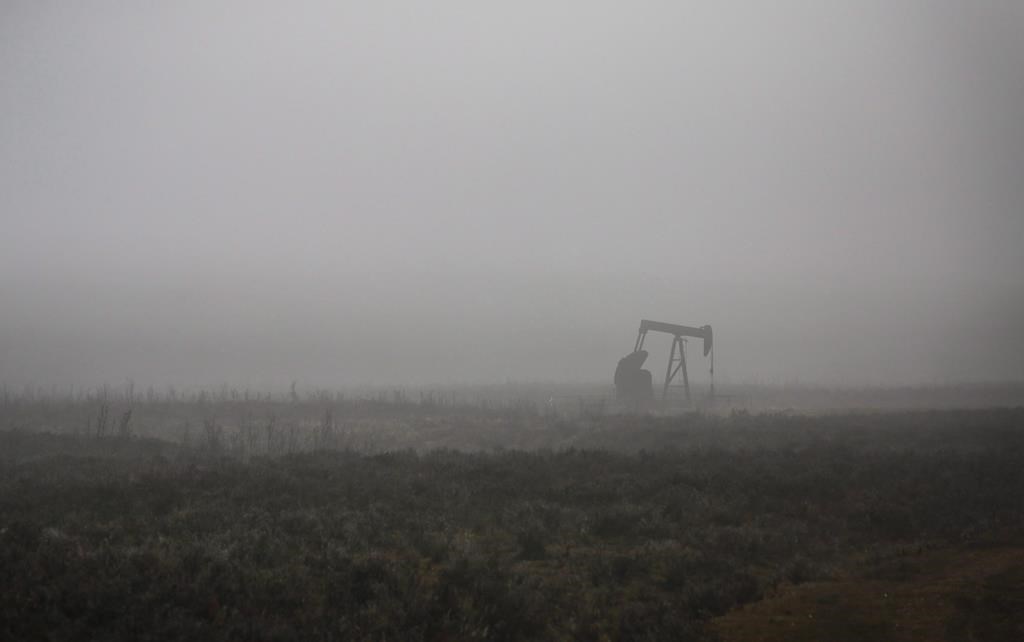Oil producer Whitecap Resources Inc. says it is planning for “involuntary shut-ins” of production as North American crude storage levels threaten to exceed capacity and commodity prices remain at low levels.

The Calgary-based company announced Thursday it has decided to shut down low profitability wells producing about 2,000 barrels of oil equivalent per day but is confident it can pull as much as 50,000 boe/d off the market if buyers can no longer be found for it.
“Our team has been busy planning for the potential for involuntary shut-ins due to the pending storage constraints in North America,” said CEO Grant Fagerheim on a conference call.
“Our objective, if we are forced to shut in, is to do this in a methodical manner starting with the lowest netback assets with consideration given to cost and ease of startup, operational constraints, technical reservoir considerations and current marketing commitments.”
Oil production cutbacks are expected to grow to between 1.1 million and 1.7 million barrels per day in Canada during the current and next quarter, according to an analysis published Wednesday by RBC Capital Markets.

Get daily National news
It expects U.S. production shut-ins of 1.5 million to three million bpd could occur as supply exceeds demand stalled by actions taken to limit the spread of the COVID-19 pandemic.
RBC calculates about 373,000 bpd of oil and petroleum liquids have been shut-in in Canada so far, with 246,000 bpd of that from the oilsands.
Whitecap reported Wednesday a $2.1-billion net loss for the quarter ended March 31 thanks to a $2.9-billion non-cash writedown in the value of its assets due to low oil prices.

The news followed similar losses and impairment charges announced earlier this week by oilsands producers Husky Energy Inc. and Cenovus Energy Inc. and conventional Canadian and international operator Vermilion Energy Inc.
Benchmark U.S. West Texas Intermediate crude oil prices have plunged by 75 per cent since the beginning of 2020.
Whitecap said it expects to produce about 66,000 boe/d this year. It recorded production of 73,450 boe/d in the first quarter, up from 70,660 in the same period of 2019.
Whitecap also announced a further reduction of $20 million in its capital spending budget this year, dropping it to $190 million compared with the original $360 million.

Analysts counted Whitecap’s first quarter production and cash flow of $132 million (versus $161 million in the year-earlier period) as slightly beating or meeting their expectations.
Its shares rose to $1.80, up 23 cents or 14.6 per cent, at noon on the Toronto Stock Exchange.








Comments
Want to discuss? Please read our Commenting Policy first.